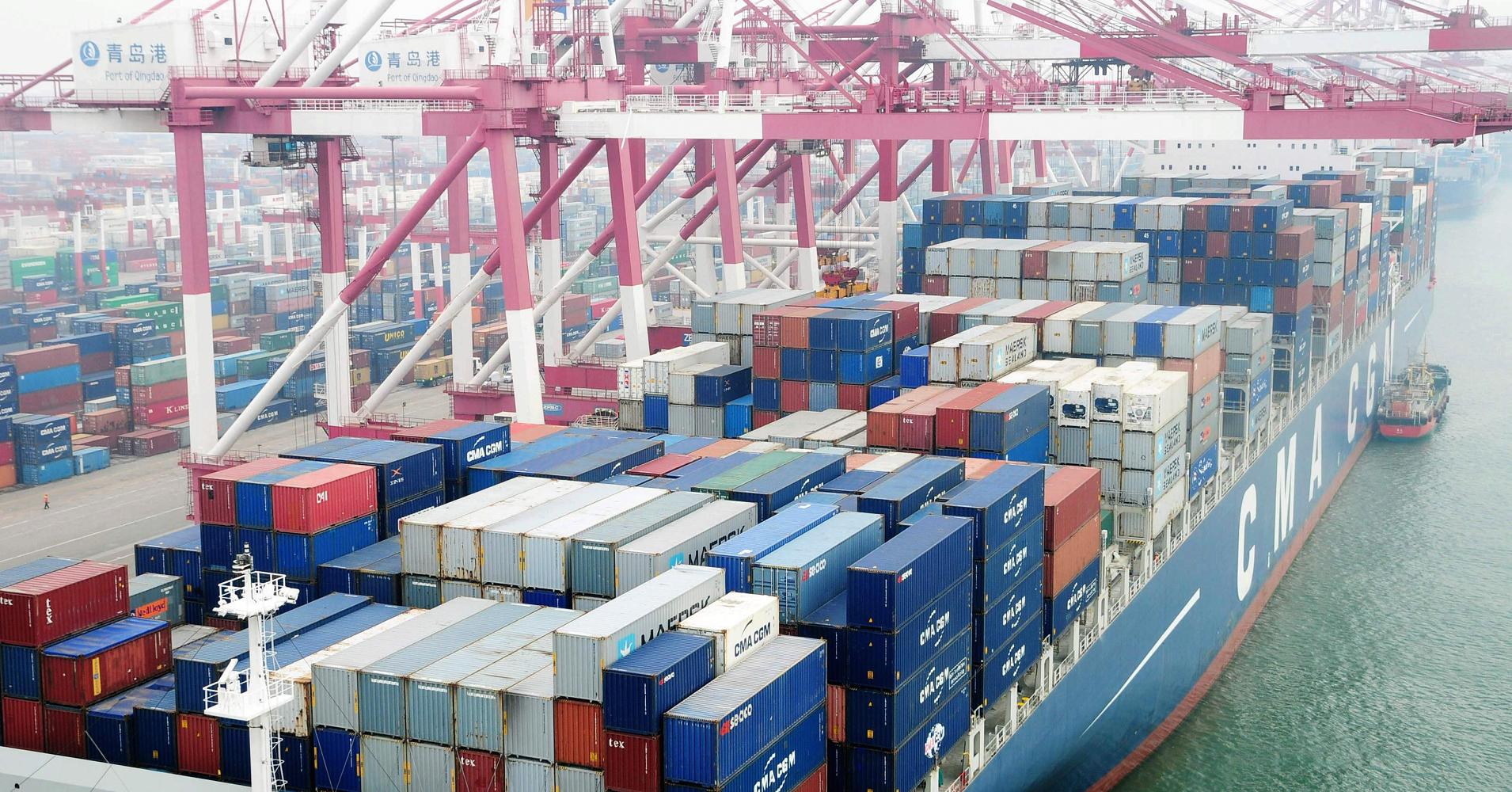
The Editorial Board of the Financial Times opined: "Might Donald Trump's ill-thought-out trade war with China benefit its victim? The answer is "yes". The Chinese authorities could respond to external pressure by shifting towards competitive neutrality between state, non-state and foreign business. The result might then be an economic resurgence...There is some (albeit recently dwindling) optimism that the US and China will reach a trade deal, because, it is felt, both presidents believe this to be in their own interests...More equal competitive conditions would surely promote economic growth. So, increasingly, would better protection of intellectual property. While US insistence on reducing the bilateral deficit is ridiculous and the proposed one-sided monitoring of Chinese behaviour unacceptable, the argument for revisiting the terms of — and behaviour under — China's accession to the World Trade Organization in 2001 makes sense. In its own interests, China needs to embrace a new round of pro-market reforms. Foreign pressure may be pushing China in that direction. But China will end up the main beneficiary.
The Washington Post reports that China and Japan have the opportunity to "take charge of the economic field" during a time of worldwide uncertainty, Japan's foreign minister said Sunday, as trade pressures from the United States have prompted both countries to seek alternative markets. Foreign Minister Taro Kono met with his Chinese counterpart, Wang Yi, in Beijing to discuss youth exchanges and economic relations between the two countries, whose ties "completely recovered" last year, according to Kono. The relationship was turbulent in previous years due to an unresolved dispute over islands in the East China Sea. High-level exchanges were frozen in 2012 after Japan nationalized the small group of remote islands claimed by Beijing. The act set off violent protests in China and sent Japanese investment and tourism into a nose dive. Trade and investment have since rebounded, and companies from the two nations are considering joint projects in third countries such as Thailand. While "the current economic situation is complicated and profoundly changing," Wang said, "Sino-Japanese economic cooperation is constantly advancing at a solid pace."
- 2019-04-12 As U.S. and China Near Trade Deal, Enforcement Is Key
- 2019-04-11 China Sweetens Its Cloud Offer in U.S. Trade Talks
- 2019-04-10 Trump Has a Message for the World: My Trade Wars Aren't Over Yet
- 2019-04-09 The EU and China Rescue a Plan to Present United Front to Trump
- 2019-04-08 Chinese woman arrested at Trump's Florida resort to remain in custody
- 2019-04-07 EU official confronts China on trade promises
- 2019-04-05 ‘Epic’ China Trade Deal Near Completion, Trump Says, but Haggling Continues
- 2019-04-04 Philippines' Duterte tells China to 'lay off' island in disputed waters
- 2019-04-03 China-U.S. Trade Talks Enter Crunch Period as Liu Arrives in DC
- 2019-04-02 Taiwan protests China jets crossing center of Taiwan Strait
- CNBC Asia trades higher as investors appear more upbeat on China
- Reuters Corporate jetmakers court Chinese elite for sales despite slowing economy
- Bloomberg China's Secret Weapon in the Electric Car Race
- The Hill Jimmy Carter says Trump called him to discuss China
- FT Tokyo raises concern over Beijing's industrial policies
- NY Times FBI Bars Some China Scholars From Visiting the US Over Spying Fears
- Reuters UPDATE 1-VW to take on Tesla X in China from 2021 with electric SUV
- Fox News 5G is a bigger deal and China is a bigger threat than you think, think tank says
- The Diplomat With New Philippine Tensions, China Overplays Its Hand
- WSJ China's Dangerous Monopoly on Metals
- nationalinterest.org Dangerous Words: Would China Try and Sink Two US Navy Aircraft Carriers?
- Forbes Why China Has Made The Right Call On Cryptocurrencies
- The Hill Save the Taiwan Relations Act, but scrap ambiguity: Defend Taiwan
- finance.yahoo.com EU on the New Silk Road: China is both a 'partner' and a 'systemic rival'
